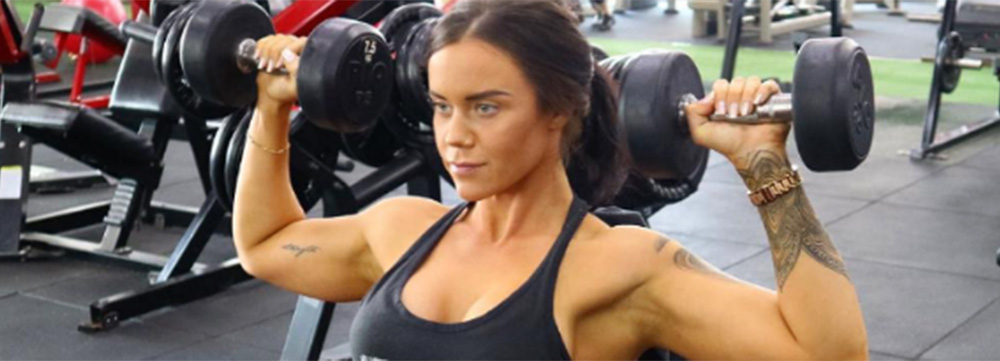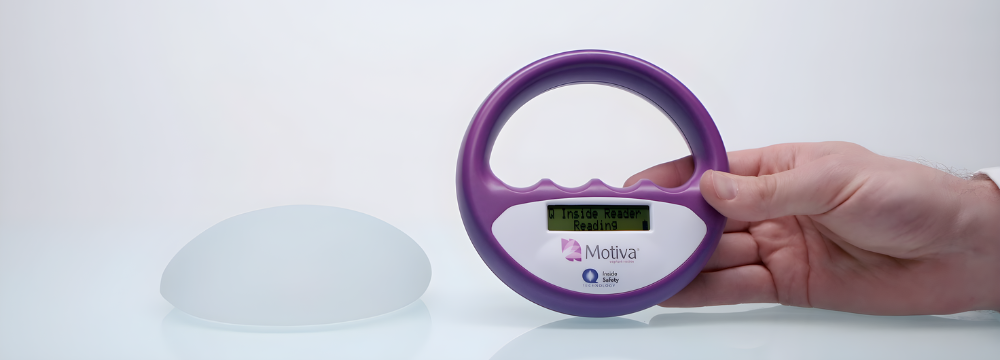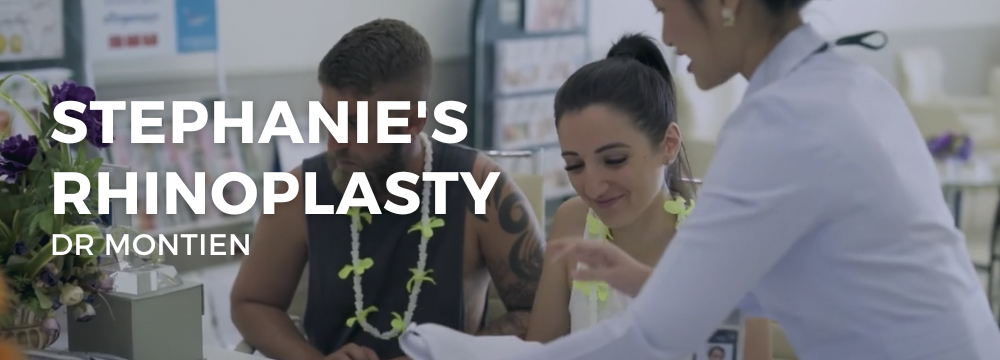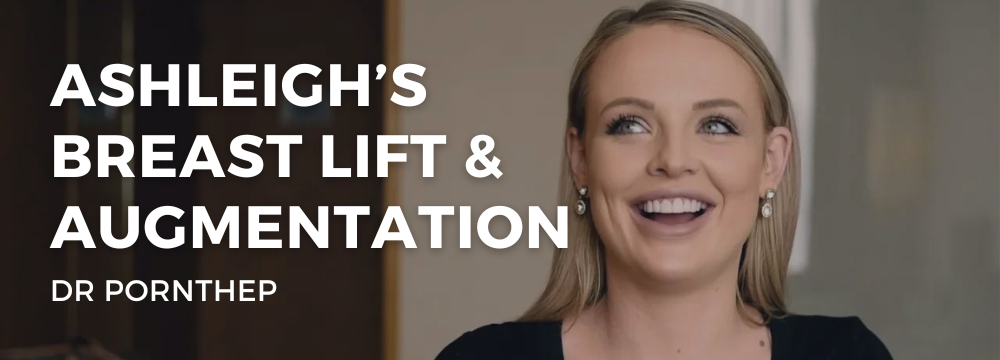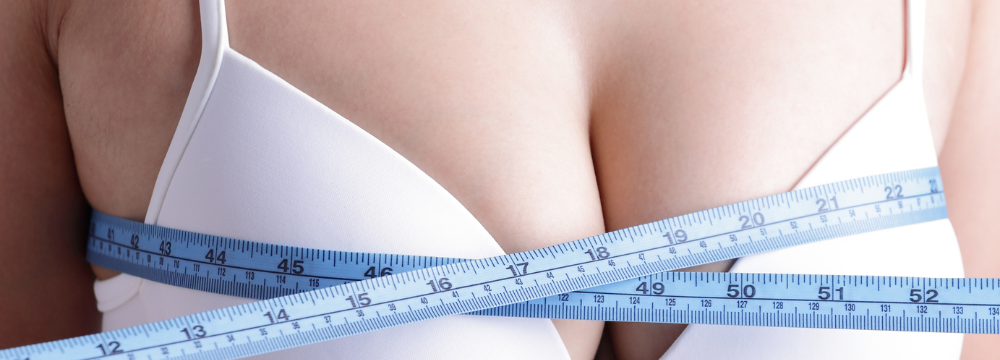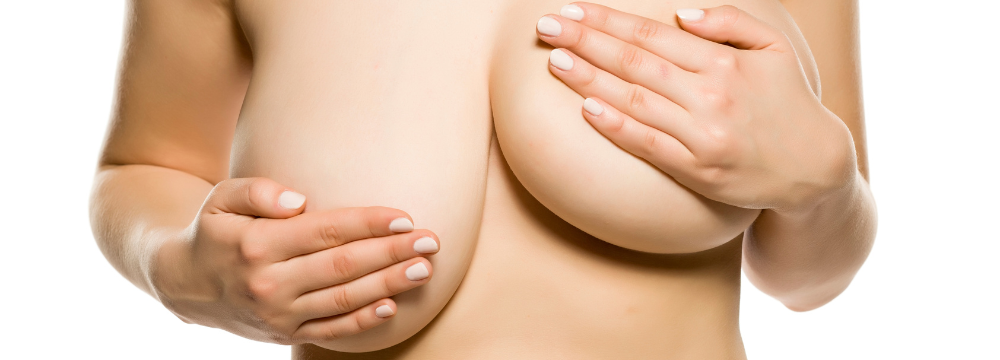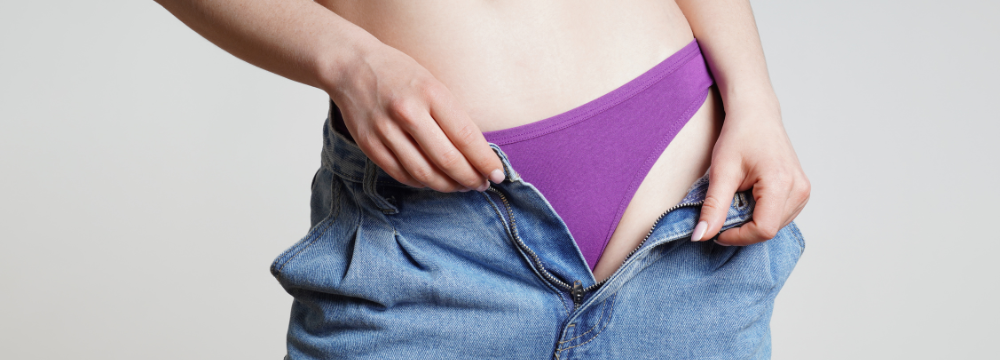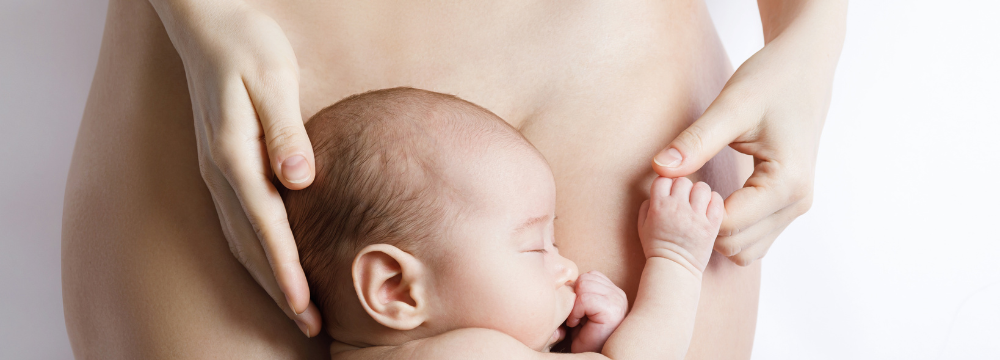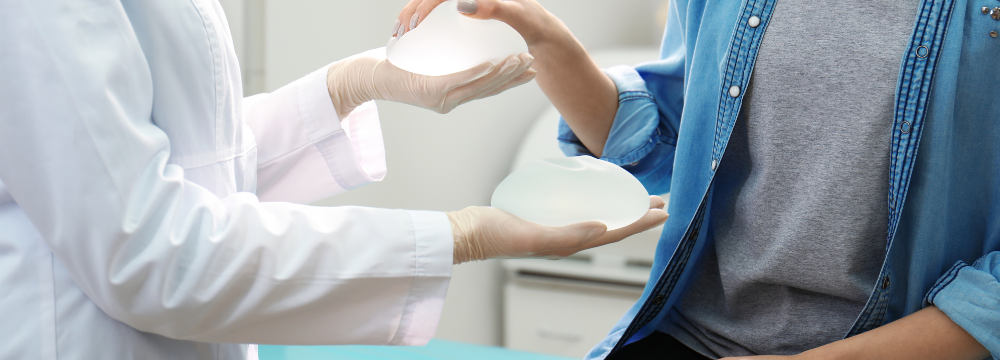A common concern for women considering Breast Surgery who love to exercise and work out, is taking time off their regular exercise routine to recover. Whether it be lifting weights, running, cycling or swimming, it’s very important to refrain from physical activities and let your body heal and recover post-surgery.
We know the thought of not hitting the gym or doing your favourite exercise for several weeks can be hard, but you need to remember, Breast Surgery, just like any other surgery, will require all your body’s strength to recover. Withholding from exercise is a small price to pay to avoid post-surgery complications.
How Long Until I Can Resume Exercise?
You must discuss how much physical activity you can engage in after your surgery with your Plastic Surgeon as this can differ for each person. The size and placement of your implants, plus your individual anatomy will determine when you can resume exercise.
Some general guidelines for resuming exercise: –
- First 6 weeks post-surgery is crucial for recovery. No heavy lifting over 5kgs for the first 6 weeks. Including children.
- 4 weeks post-surgery – light impact exercise and cardio routines for the lower body may be introduced such as a stationary bike or treadmill walking, as long as there’s no impact on the upper body
- 2 – 3 months post-surgery arm/chest muscle exercises can resume with light weights and low repetitions
- Ideally, you should avoid chest muscle exercises for the first 6-12 months post-surgery
- Any aerobic activities such as running, jumping, jogging etc will need to be incorporated at a steady pace with appropriate garments to be worn that support and secure your breasts.
What Can I Do In The Meantime?
The postoperative phase is a great time to try some alternative forms of exercise. If you’re a regular runner or weightlifter, why not try some light yoga, stretching or brisk walking? Try to avoid strenuous arm movements. You might just discover some new training styles while giving your upper body a chance to heal. Remember to always ensure you notify your instructor of your condition so they can offer alternative exercises for you if necessary.
To avoid cabin fever, ensure you go outside and get some fresh air! You’re not locked up and restricted to just your couch and bed during your recovery time, so try and get outside at least once a day.
Focus on Healthy Eating In Your Downtime!
Remember the saying ‘abs are made in the kitchen?’ During your recovery time, why not work on improving your diet by trying some new healthy recipes and experimenting in the kitchen. Many clients will feel bloated after surgery due to the medications, therefore this is not the time to binge eat! Nourish your body with fruits and vegetables daily to assist in your recovery and bloating..
Possible Complications From Exercising Too Soon!
Other than delaying your recovery process, other complications that can arise from exercising too soon are:
- Implants can shift from their intended location and give you an unbalanced and distorted appearance.
- Bacterial infections from sweat – Under the breast crease is a main area women will generally sweat. It is very important not to let your incisions become infected which can occur from the bacteria in your sweat. Ensure your waterproof bandages are applied until your incisions are fully healed.
- Capsular contracture – It is possible for scar tissue to form around the implant causing pressure and hardening.
- Excessive bleeding and accumulation of blood causing a Hematoma.
Exercising With Your New Implants
It will take a while to get used to working out with new boobs! Most women who lift weights take slightly longer to get back into upper body exercises, particularly chest exercises such as push ups and chest press. Long-distance runners will need to ensure they have a supportive sports bra, you don’t want too much bouncing going on! It may be a good idea to wear 2 sports bras if you don’t feel supported enough with one!
REMEMBER: Listen to your body. If you experience any have any pain and/or inflammation STOP IMMEDIATELY and if something doesn’t feel right or you have any questions, contact your Client Manager.
Disclaimer: Please note any information provided should be used only as an information guide and not CosMediTour giving advice. Please ensure you do your own valid surgery research and seek advice from a general practitioner to enable you to be fully informed about surgery.
